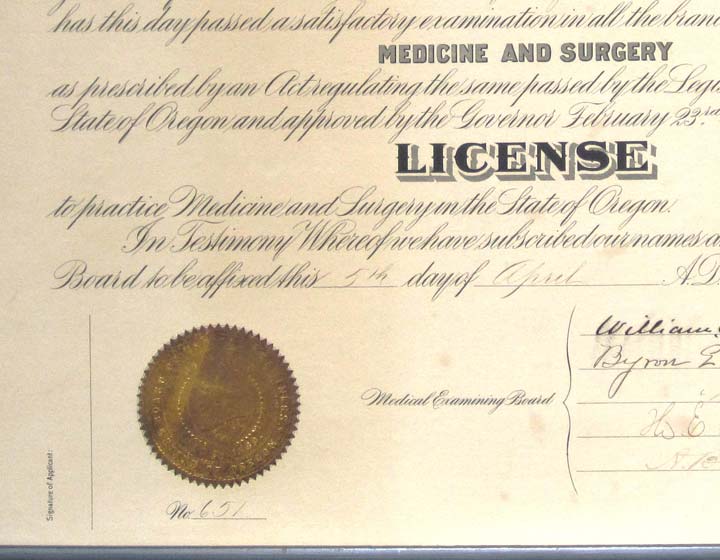Takeaways from my text below:
- Any profession that implies the PRIVILEGE of prescribing anything related to people should require basic skills as provided by educational organizations, as well as minimal testing;
- The less regulation, the better. Beyond the mastery of basic knowledge, guidelines that align with economic interests or professional monopoly should be restricted.
- By that I mean even suspending the need for prescription to most drugs and legalization of all drugs, since the phenomena that drug control claim to address are stable ones that will continue with or without more regulation.
- Keep in mind that this video below and the people opposing government regulation also have important economic interests, and not the population’s best interest in mind (“Reason Magazine” is supported by Crossfit).
- “Food coaches” are as bad as “medical coaches”. Unfortunately, there are much more insufficiently educated physicians and dietitians than good ones. Regulation doesn’t solve the problem: education does.
================================
I partly disagree: it wouldn’t make any difference in the service provided to the population and would create professional market monopoly like all others that require a license (medicine, physical therapy, psychotherapy, nutrition, etc.). Actually, the argument in favor of a license is solid: if the health of an individual is at your care, there should be minimal educational standards you should have in order to exert that profession. Some countries do have regulatory organisms for trainers. Brazil does, and the Federal Council for Physical Education is ruthless: you can be reported for walking with your disabled aunt on the street if you don’t have a license to exert the profession of physical educator. The opinion on this is divided: while we all know that “food coaches” are a weed that degrades the field of nutrition, the question is: are licensed dietitians on average better than food coaches at prescribing diet? In the case of Nutrition, I’d say yes. In medicine, while we all agree that not regulating the profession would be turning the clock back to the Middle Ages, well, I live in the South Midwest and this is not that far from the Middle Ages. Oklahoma is insular, the medical profession is a joke and a very scary one. The reason professions achieve market control has nothing to do with public health or any reasonable argument. In the sociology of professions, it is well studied and documented as a power play of service market control. I would like trainers/coaches to be better educated and to have some mandatory knowledge of exercise physiology, biomechanics, etc. But the countries who offered the “social experiment” on regulating the profession have not shown better results than the United States and others, where anybody can proclaim themselves coaches and this is legal. It is not really a health issue, but a political one. Is it better to regulate or to de-regulate? I am radical in the anti-regulation position, to the point, I know, of shocking people by defending total and complete legalization of all recreational and prescription medication and taking away all regulatory power from professions and organisms. I truly believe that only education can improve anything. I also believe that there is ample evidence showing the majority will still align themselves with the stupid. Where I live, the only type of psychotherapy available, and doctors write referrals to them, is faith-based-therapy (one of the strongest reasons why I am moving from here: the Bible Belt is not the country I chose to immigrate to). However, for Bible-Belters, it probably should be ok to allow them to get counseling through faith-based-certified-counselors, which, in Brazil, for example, are 100% illegal. Is there any chance to fight this? No. It is a stable phenomenon. All in all, I agree with you, but for political reasons. There will still be “moderate exercise” advocates at the service of their own ignorance or Coca-cola: it doesn’t matter. There will still be quasi-theocratic approaches to everything, as in Oklahoma. All we can do is increase educational efforts.

